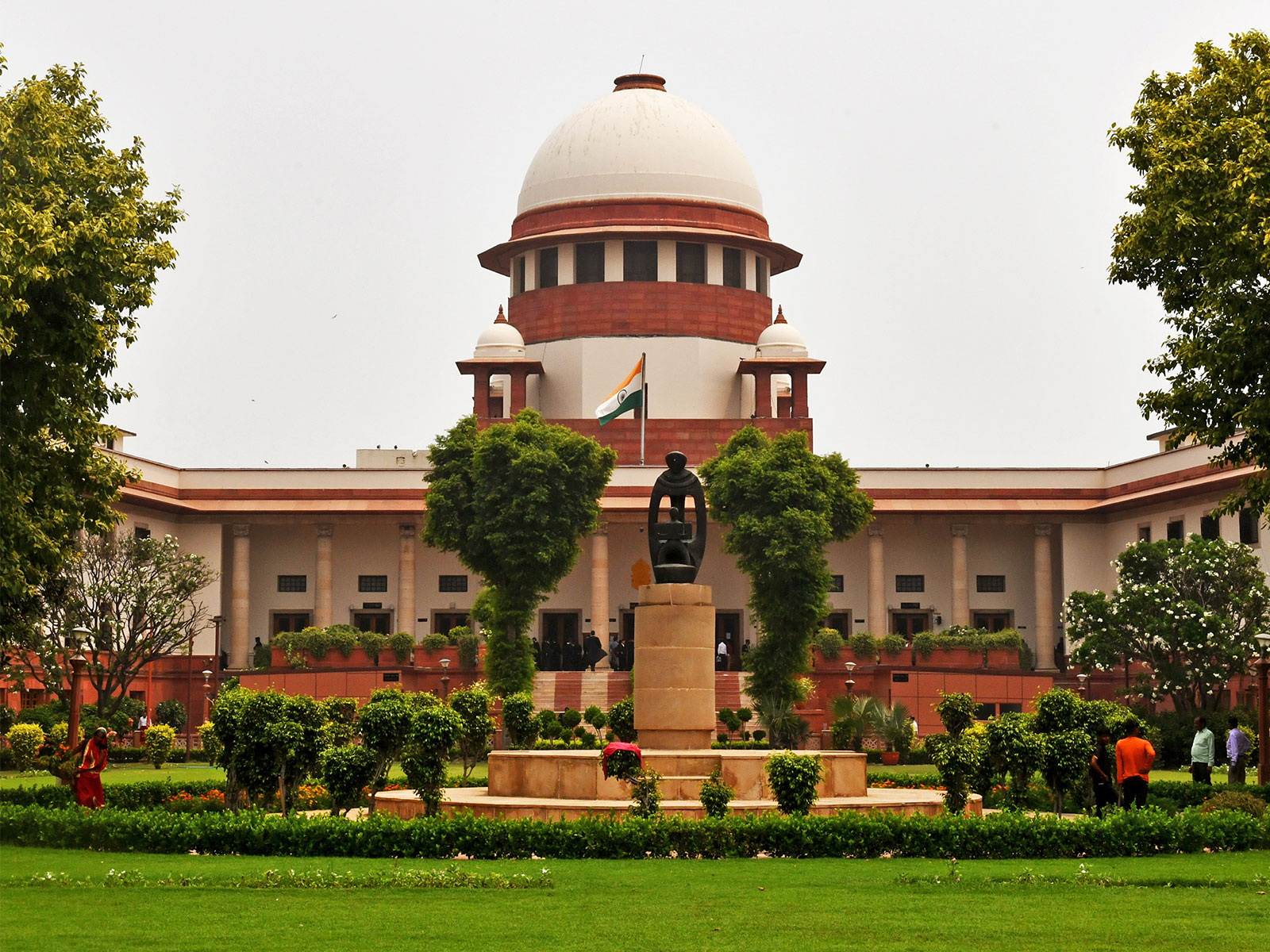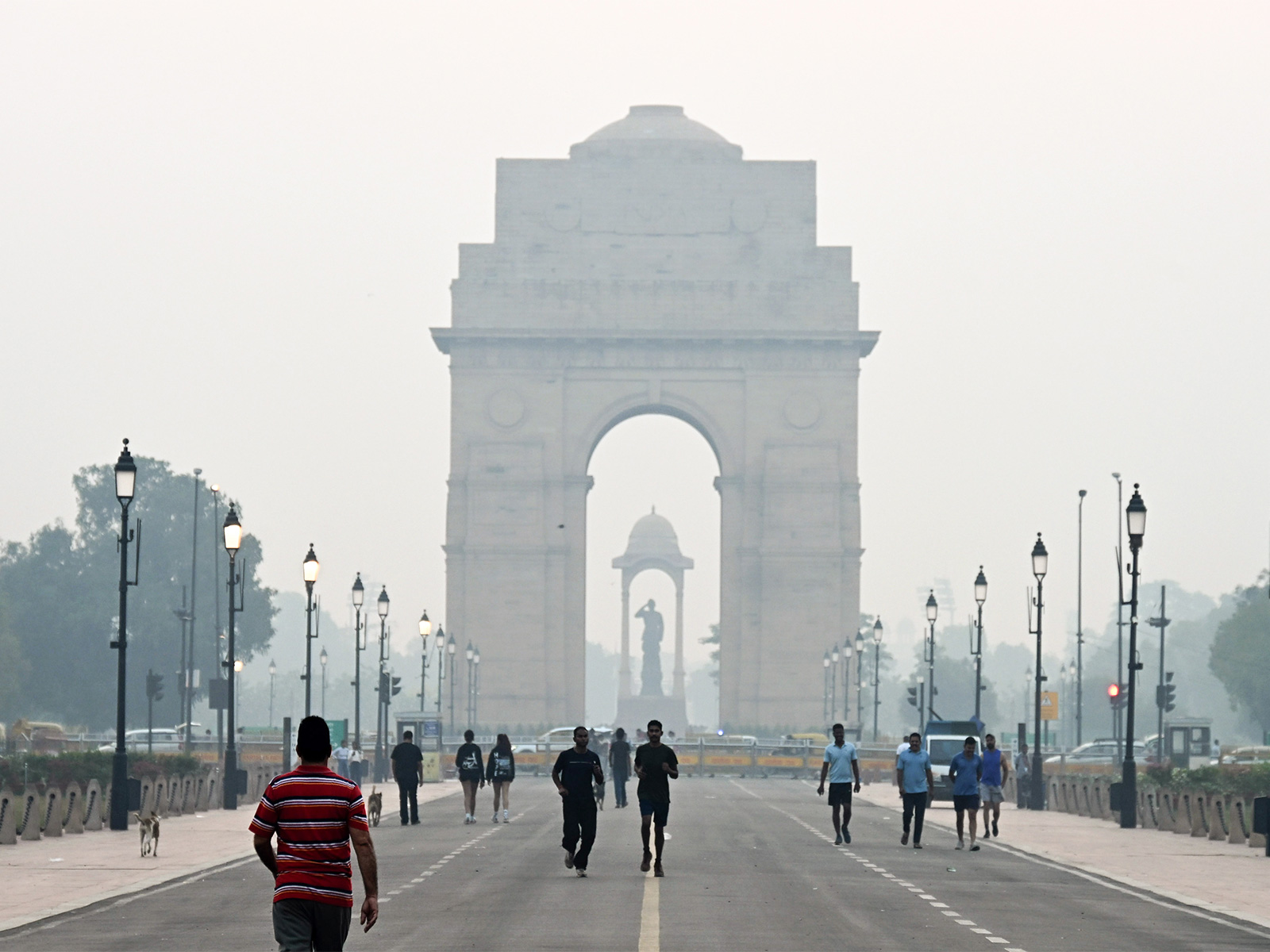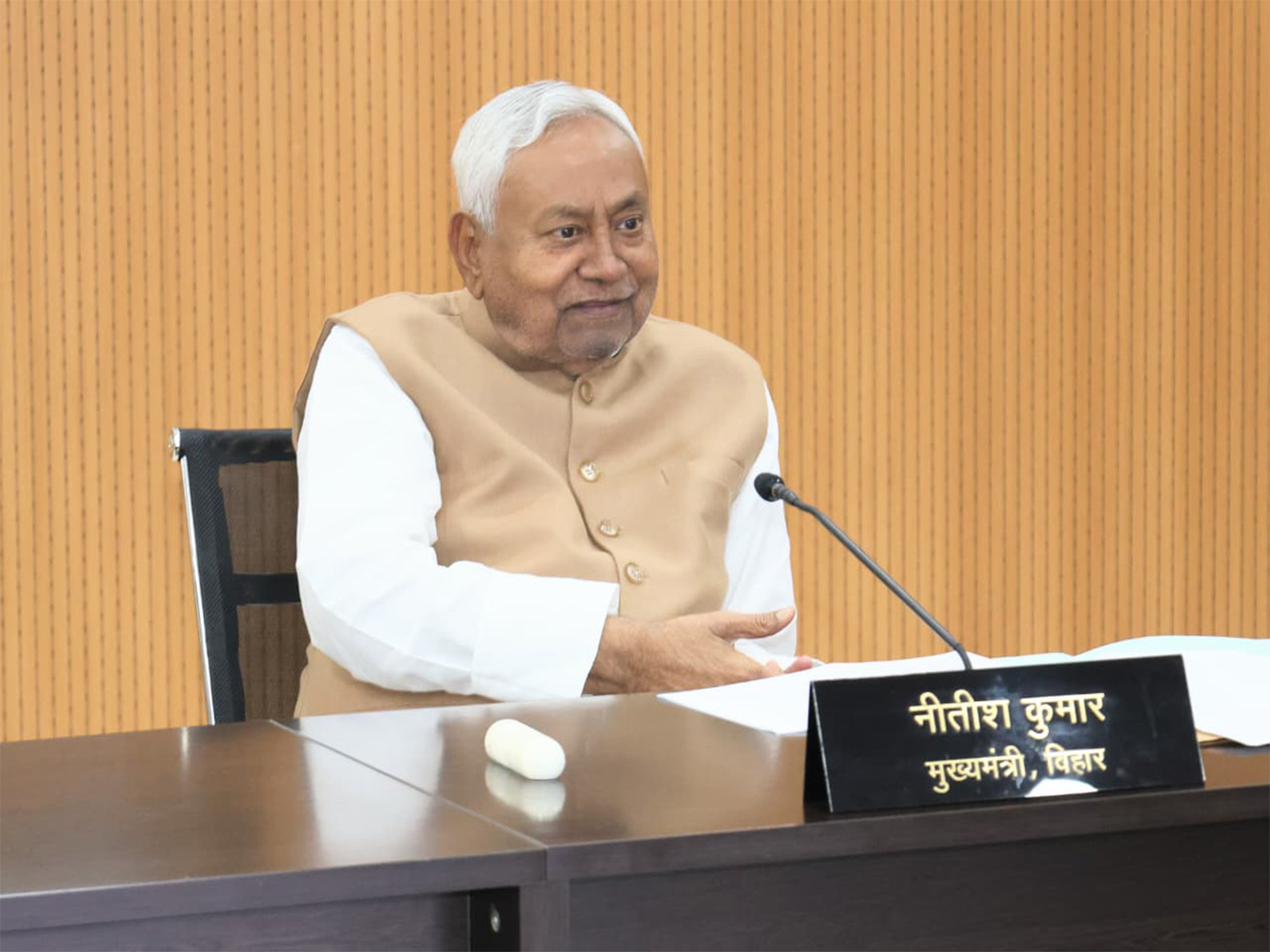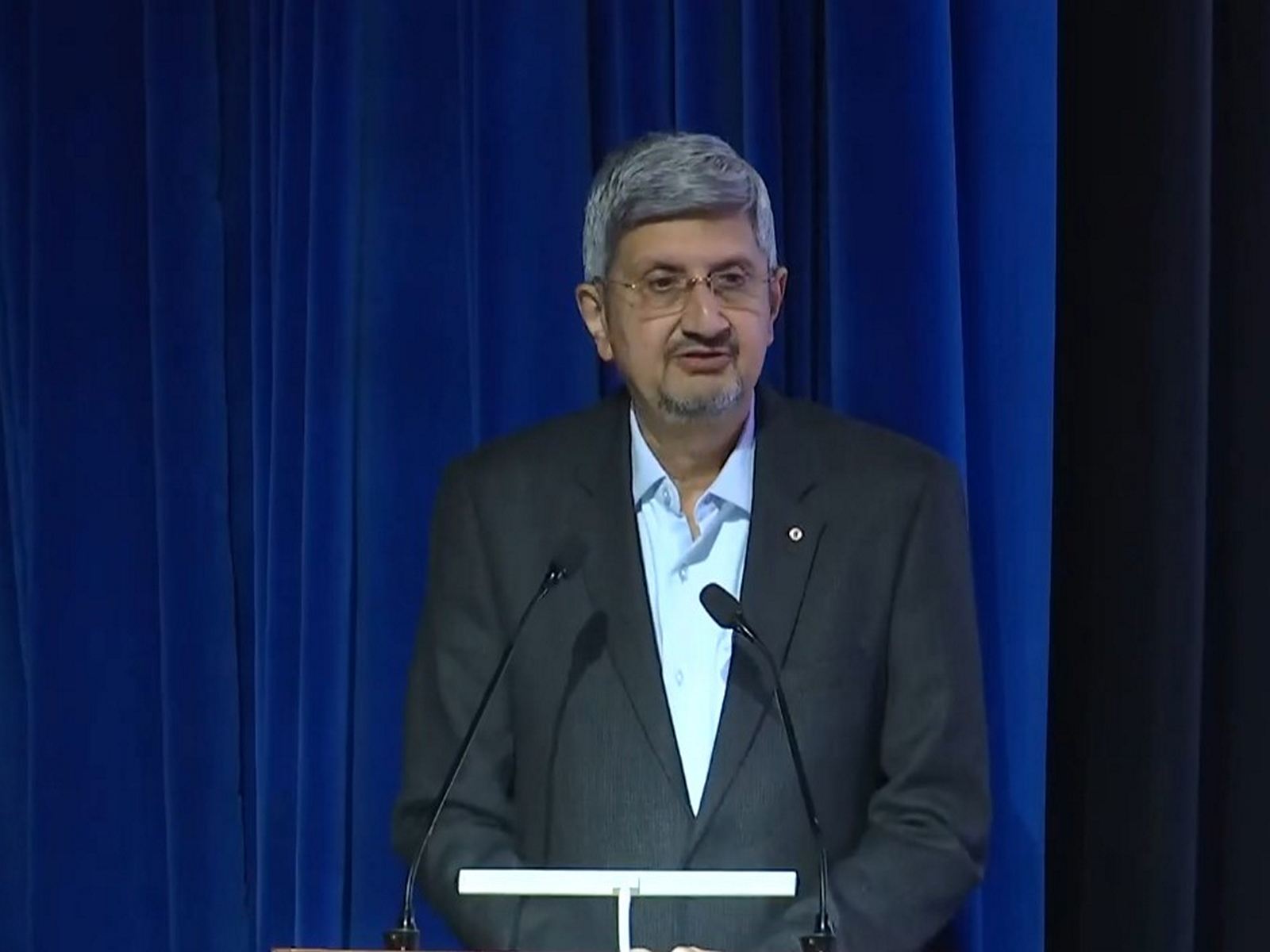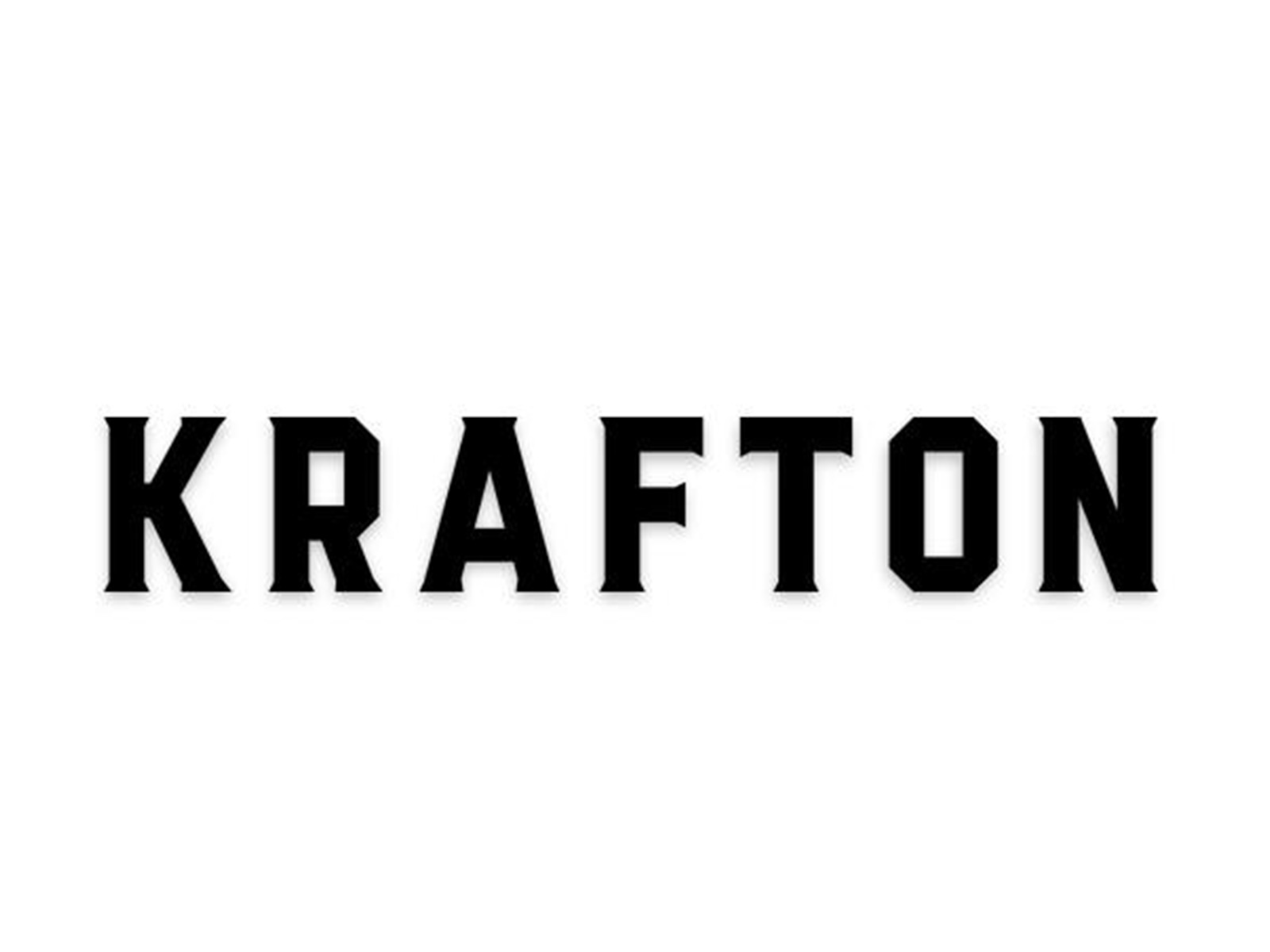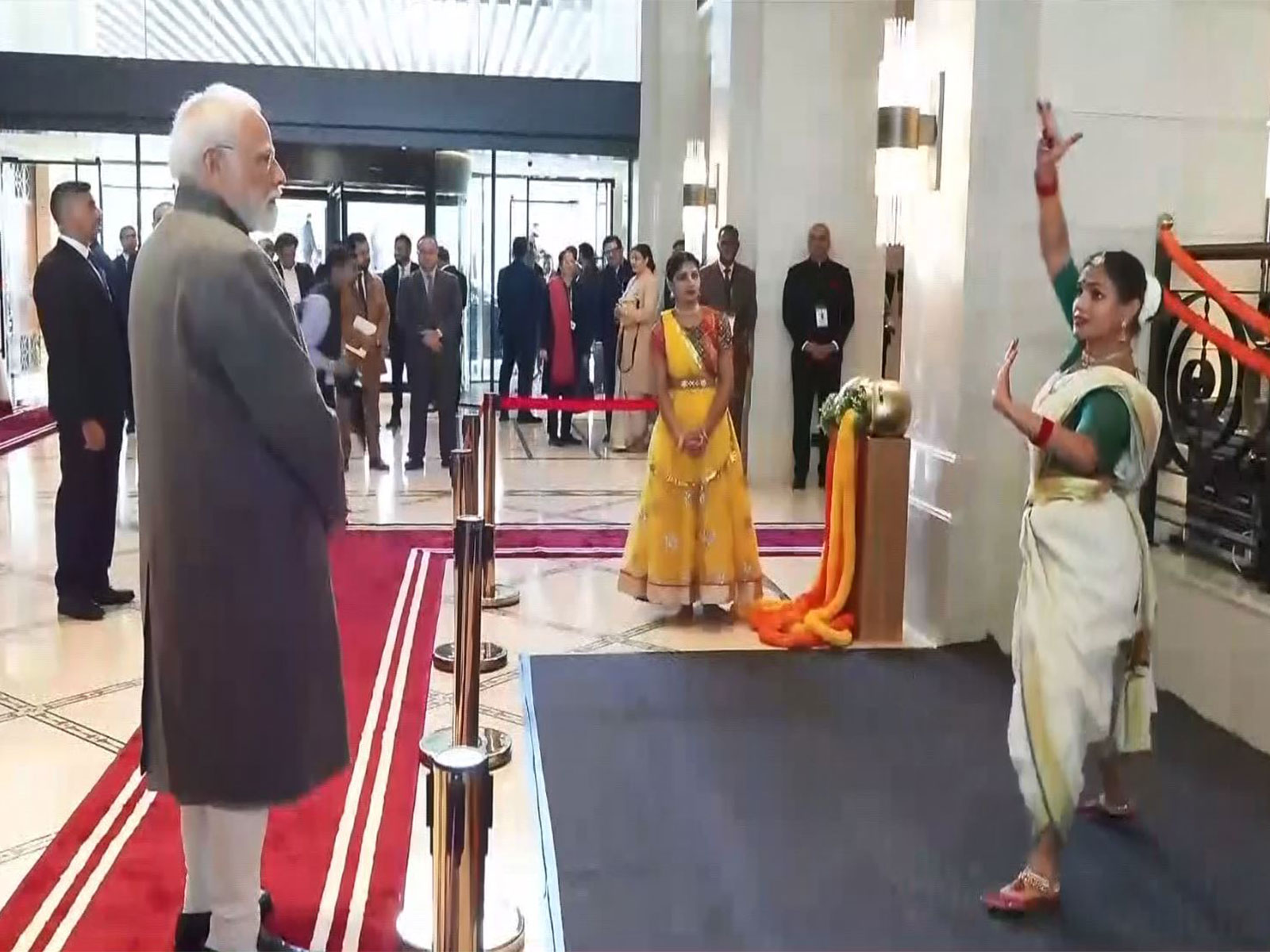Delhi HC dismisses plea for independent tribunal to oversee enforcement of FCRA Act
Jan 10, 2023

New Delhi [India], January 10 : The Delhi High Court on Tuesday dismissed a petition filed by the Association for Democratic Reforms (ADR) seeking directions to constitute an independent tribunal or committee to oversee the enforcement of the Foreign Contribution (Regulation) Act, 2010.
The court said it cannot direct the setting up of a Committee or a Tribunal simply due to the possibility of misuse of the FCRA.
The Division Bench of Justice Satish Chander Sharma and Justice Subramonium Prasad in judgement said that the entire case of the petitioner rests on the possibility of misuse of the FCRA by the political party at the helm of affairs. This misuse, apprehended, may be directed towards hindering the independence of judicial officers, targeting NGOs and stifling dissent. Further, the petitioner apprehends that due to a conflict of interest, the FCRA may not be effective to curb political parties from accepting foreign contributions, said the court.
Court further said the mere possibility that a statute will not be administered adequately is not ground for the statute to be invalidated or for the court to supplement its wisdom with the legislature. To set up a committee or tribunal, the court said is a purely policy decision. The legislature alone has the power to set up a tribunal or committee, under the requisite statute, to adjudicate disputes arising from it. the bench said.
If the prayer sought by the petitioner is allowed, it would essentially be an exercise in judicial legislation and would be beyond the power of judicial review accorded to this Court. Due to the aforementioned reasons, this Court is not inclined to allow the present petition, said the court.
The petitioner organization through the plea stated that the political party at the helm of affairs could have differing perspectives on development, public policy and national interest. Such political ideology and leaning of differing political parties also have a bearing on how they may use the FCRA ie, some political parties, at the helm of affairs, may use the FCRA to suppress dissent from independent organisations and NGOs alike.
Court noted that the petitioners have also expressed apprehension regarding the enforcement of the FCRA against the actions of political parties. The petitioners apprehend that as the bureaucracy works in close connection with the political executive, there is possibly a conflict of interest which could possibly mean that certain political parties are not penalised for transgressions under the FCRA.
The petitioners also stated the FCRA may also hinder judicial independence as the FCRA can be wrongfully used against judicial officers, who are also prohibited from accepting foreign contributions, court noted the submissions of the petitioner.
Setting up of such Tribunals/Authorities/Committee is purely a policy decision, taken by the legislature. A direction for setting up a committee or tribunal would effectively be an amendment of the FCRA, which is beyond the scope of judicial review by this court. Hence, an attempt by a judicial body to set up a tribunal is directly in the teeth of the doctrine of separation of powers, said the court.
